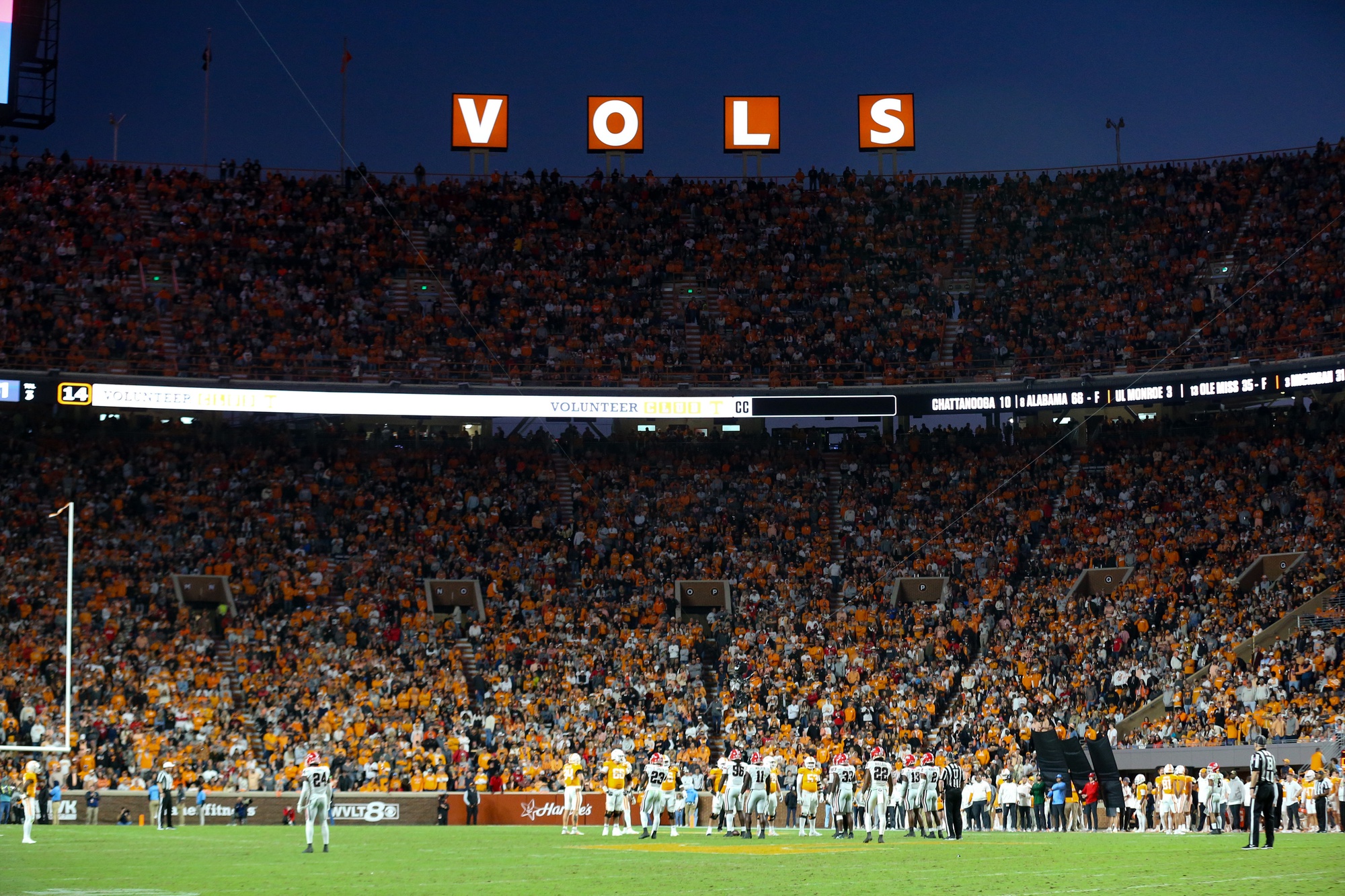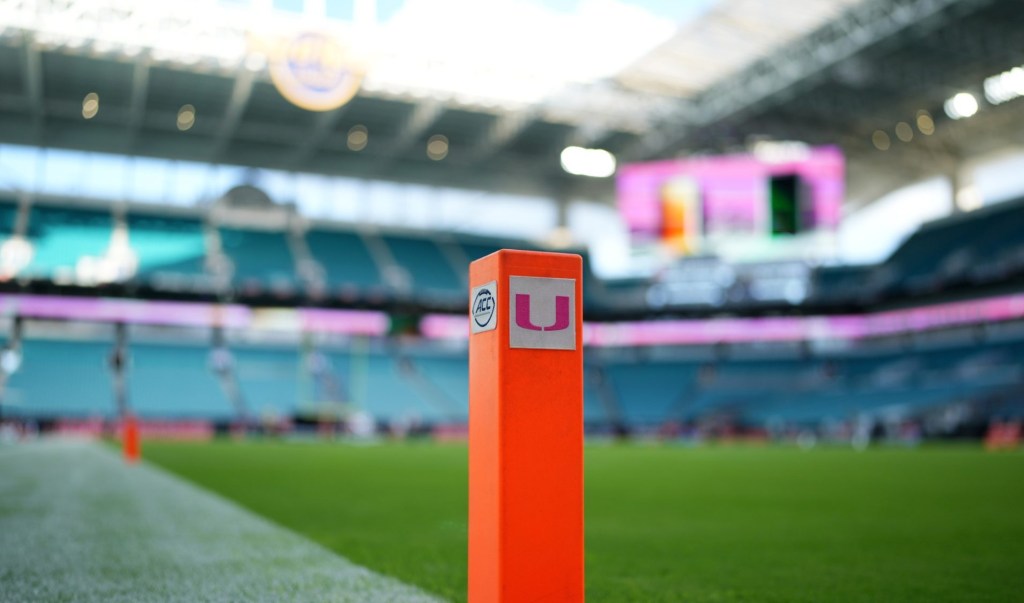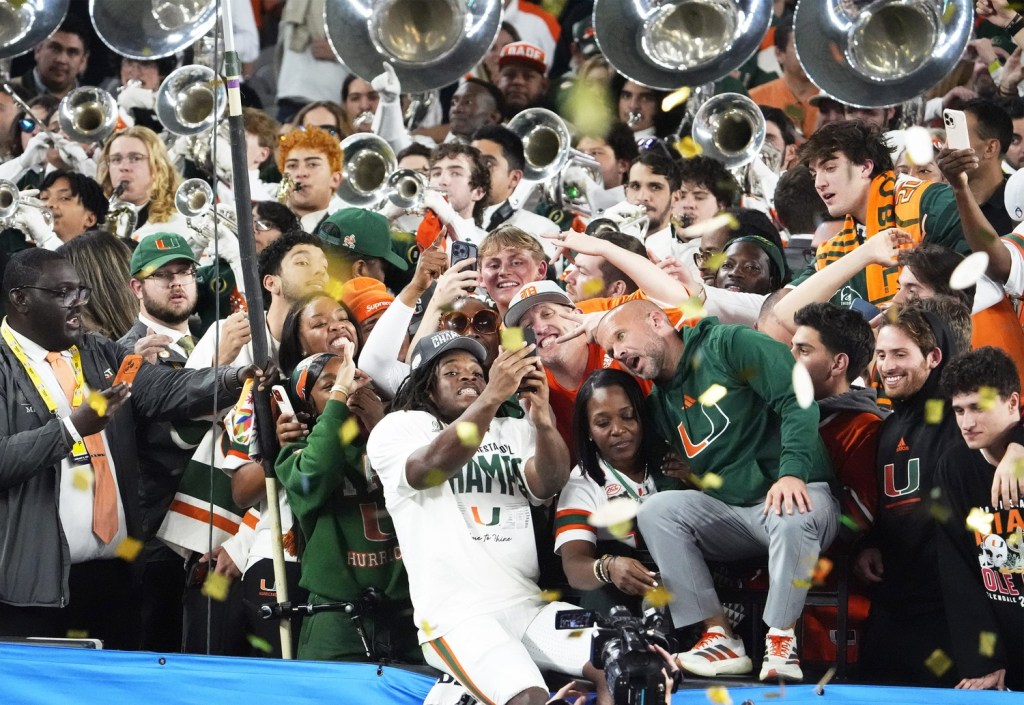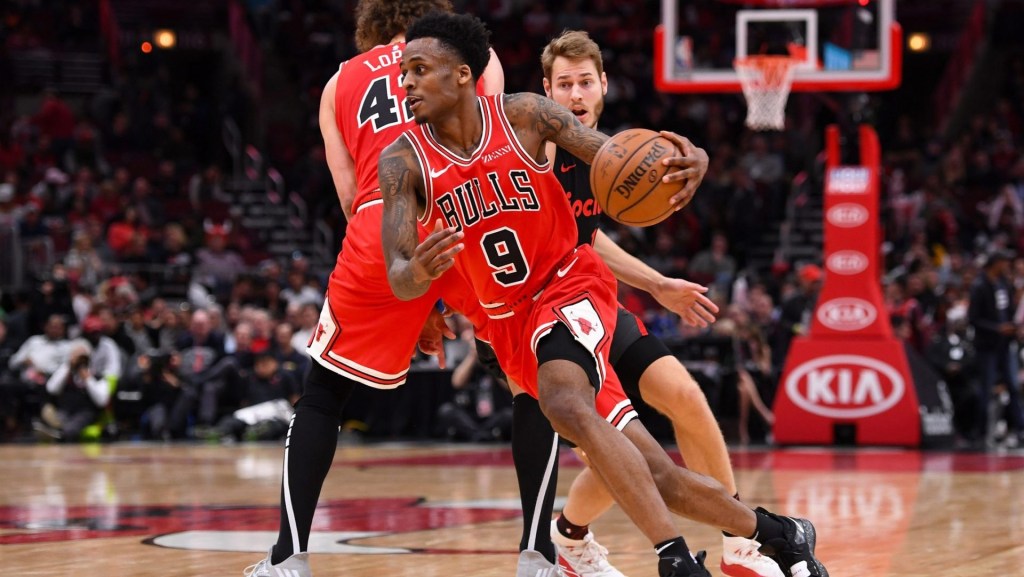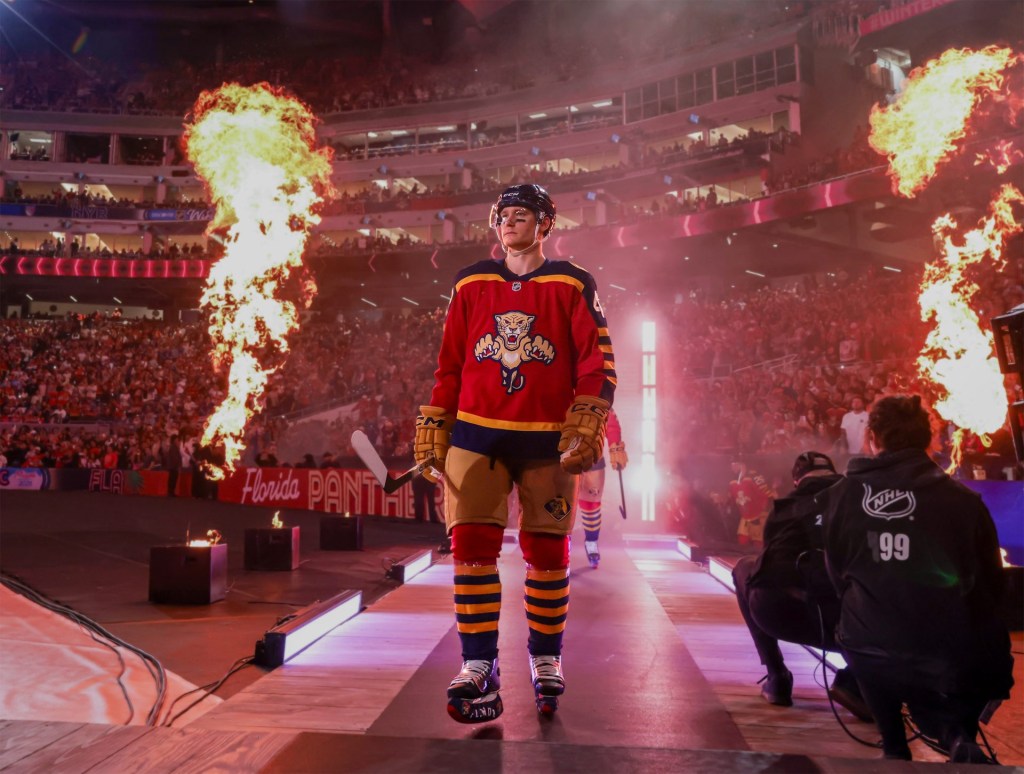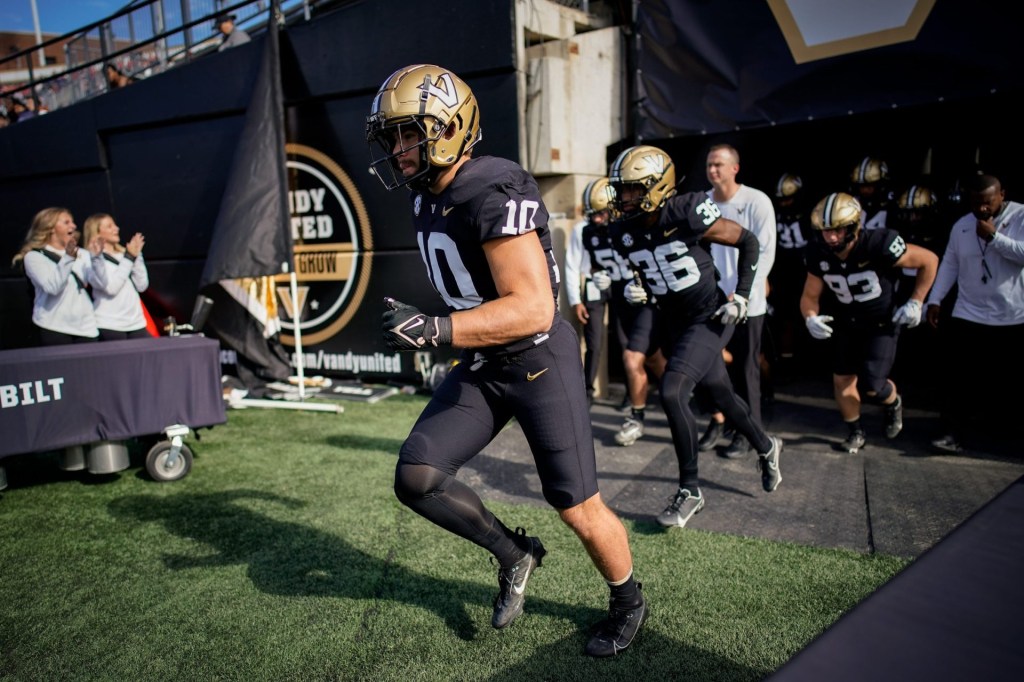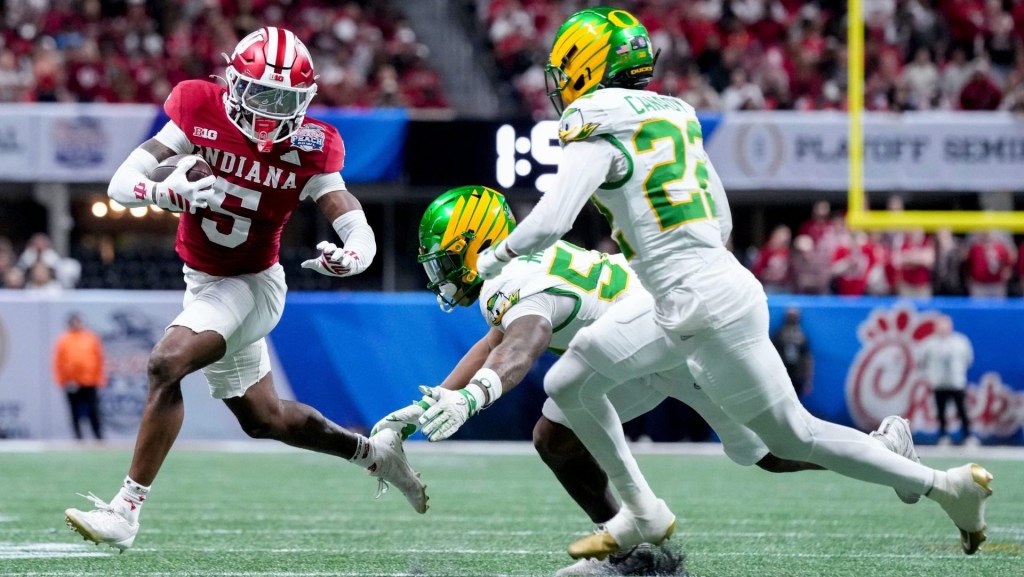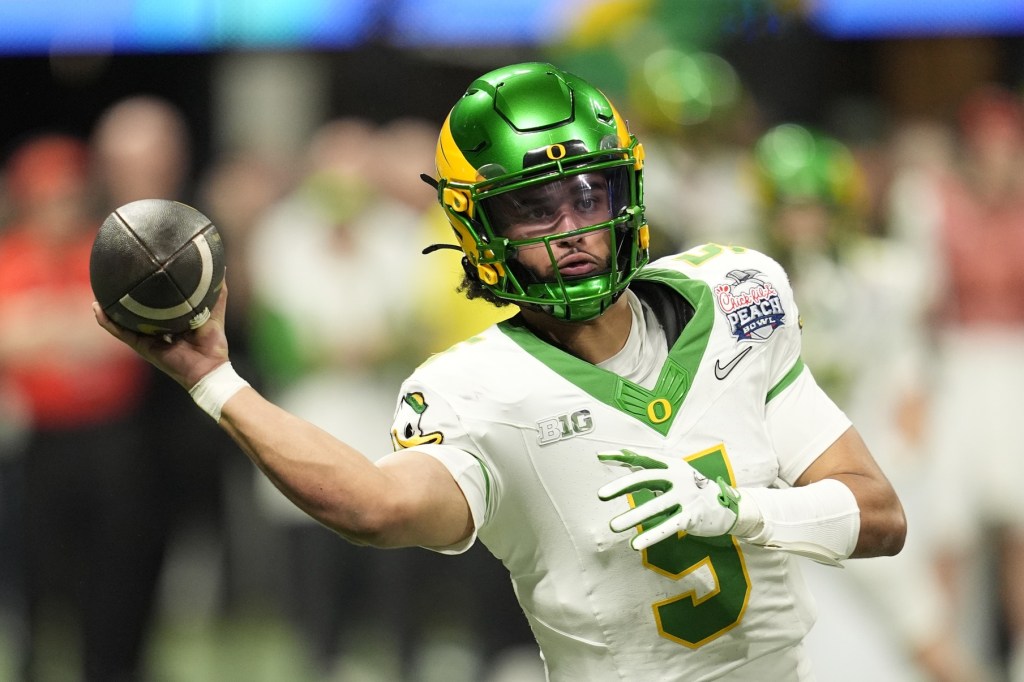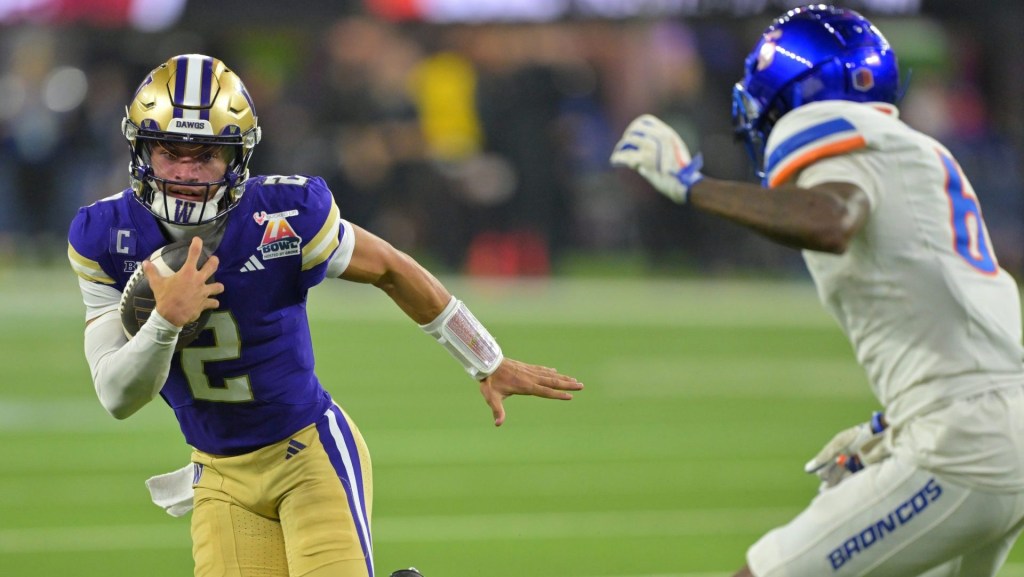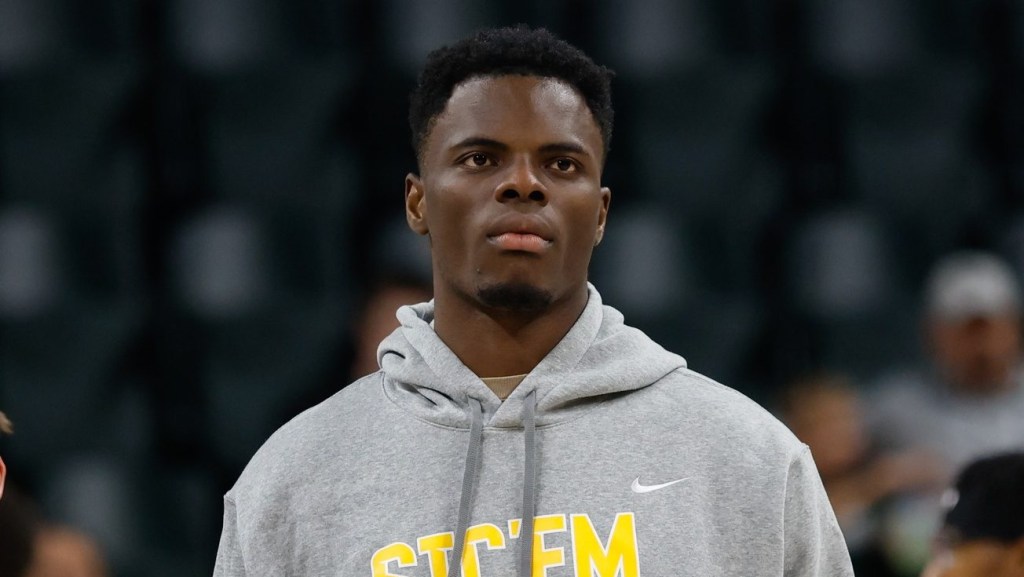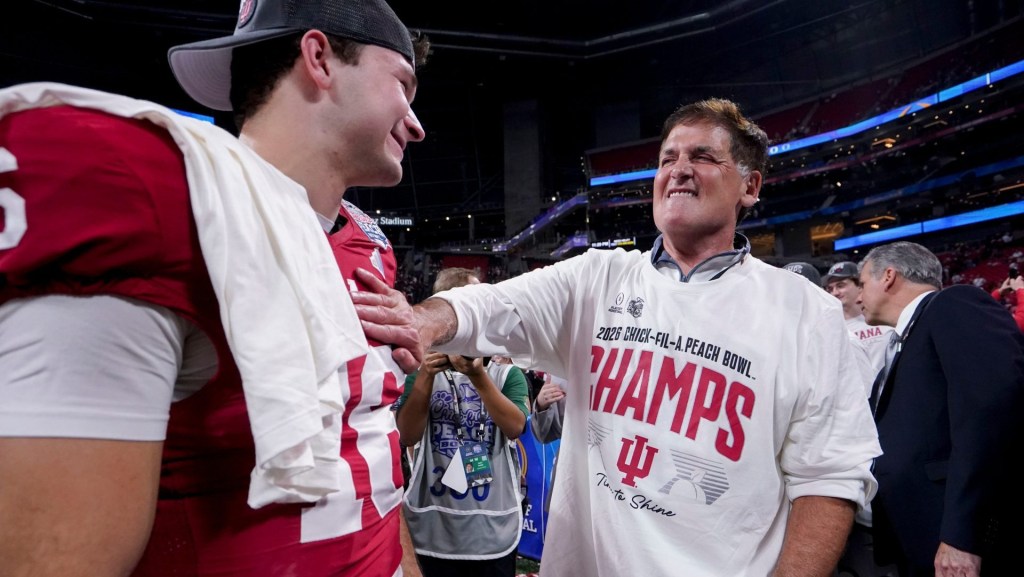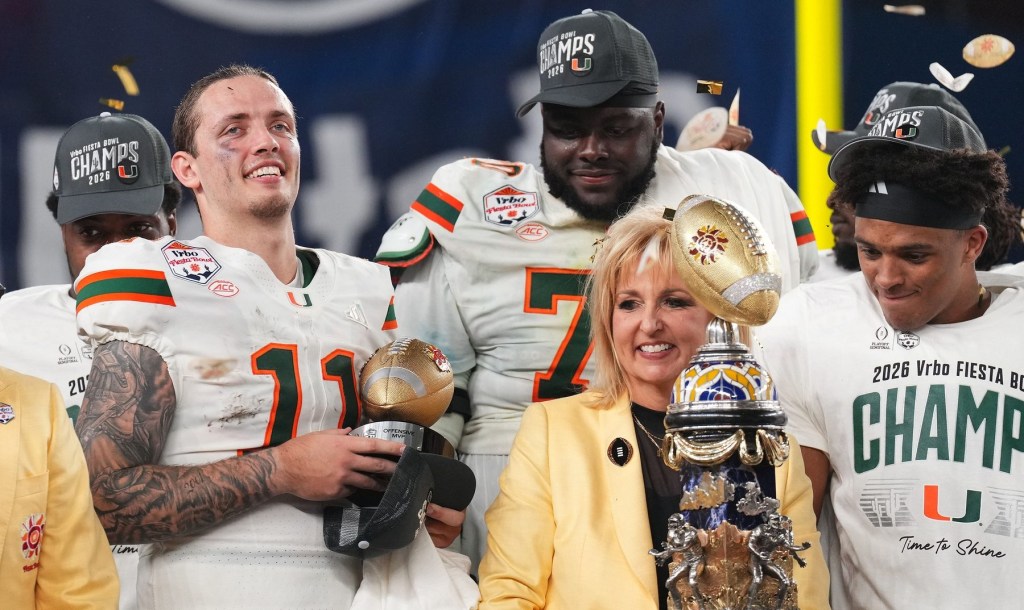On Wednesday, the state attorneys general from Tennessee and Virginia filed a federal lawsuit against the NCAA, alleging that its enforcement of restrictions on name, image, and likeness deals violates federal antitrust law.
In many senses, it is the exact litigation the governing body attempted to avoid by hesitating to approve and enforce any NIL rules. The attorneys general are asking for a temporary restraining order—and preliminary injunction—that, if granted, could almost immediately halt the NCAA’s ability to enforce these rules.
The 20-page complaint, filed in the Eastern District of Tennessee and reviewed by Front Office Sports, accuses the NCAA of “thumbing its nose at the law.” It specifically targets the NCAA’s ban on using NIL deals as recruiting inducements, saying the rule prohibits athletes from negotiating before they arrive at school—which is an unfair restriction on the market.
“Student-athletes generate massive revenues for the NCAA, its members, and other constituents in the college sports industry—none of whom would dare accept such anticompetitive restrictions on their ability to negotiate their own rights,” a media release read. “Student-athletes shouldn’t be left behind while everyone else profits from their achievements.”
The lawsuit comes just a day after news broke that the governing body is investigating an NIL deal between Tennessee’s main collective, run by Spyre Sports, and quarterback Nico Iamaleava. Tom Mars, an attorney representing the collective, released a statement saying the deal was completely “consistent” with current NIL “guidelines.” Tennessee’s president also released a scathing letter.
The lawsuit is the governing body’s worst nightmare. Since the 2021 Alston Supreme Court ruling, which made it clear that the NCAA was subject to antitrust law, the NCAA has hesitated to publish or enforce any major NIL rules. NCAA President Charlie Baker noted that fear in a hearing with Congress last week, explaining that anyone could file a lawsuit challenging an NCAA rule even if the entire membership agreed to it.
The governing body has released multiple NIL “clarification guidelines” since 2021, which often contradict each other in what schools and collectives are allowed to do. One of the guidelines even said that the NCAA could retroactively punish schools for rules violations before they were clarified. But no one has sued the NCAA, given that these rules haven’t appeared to be enforced until now.
Miami and Florida State have now received punishments for alleged NIL violations, and Florida and Tennessee are being investigated. The latter two entered into “negotiated resolutions,” similar to arbitration, about their punishments—which presumably protected the NCAA from getting hit with a lawsuit over the decisions. But the latter two schools have not agreed to take the investigations lying down.
It’s not just the NCAA’s NIL rule enforcements that are being challenged in court—Tennessee’s attorney general, the U.S. Department of Justice, and others are suing the governing body over its remaining transfer restrictions. So far, they have succeeded in halting the NCAA from enforcing its remaining restriction on athletes entering the transfer portal for at least this season.
Ultimately, the lawsuit is another example of how the NCAA’s amateurism model is under attack on multiple fronts, from private federal court cases and National Labor Relations Board complaints to state and federal lawmakers. (The NLRB case over whether USC football and basketball players should be considered employees is in the middle of a trial hearing this week.)
The NCAA did not immediately respond to an emailed request for comment.
